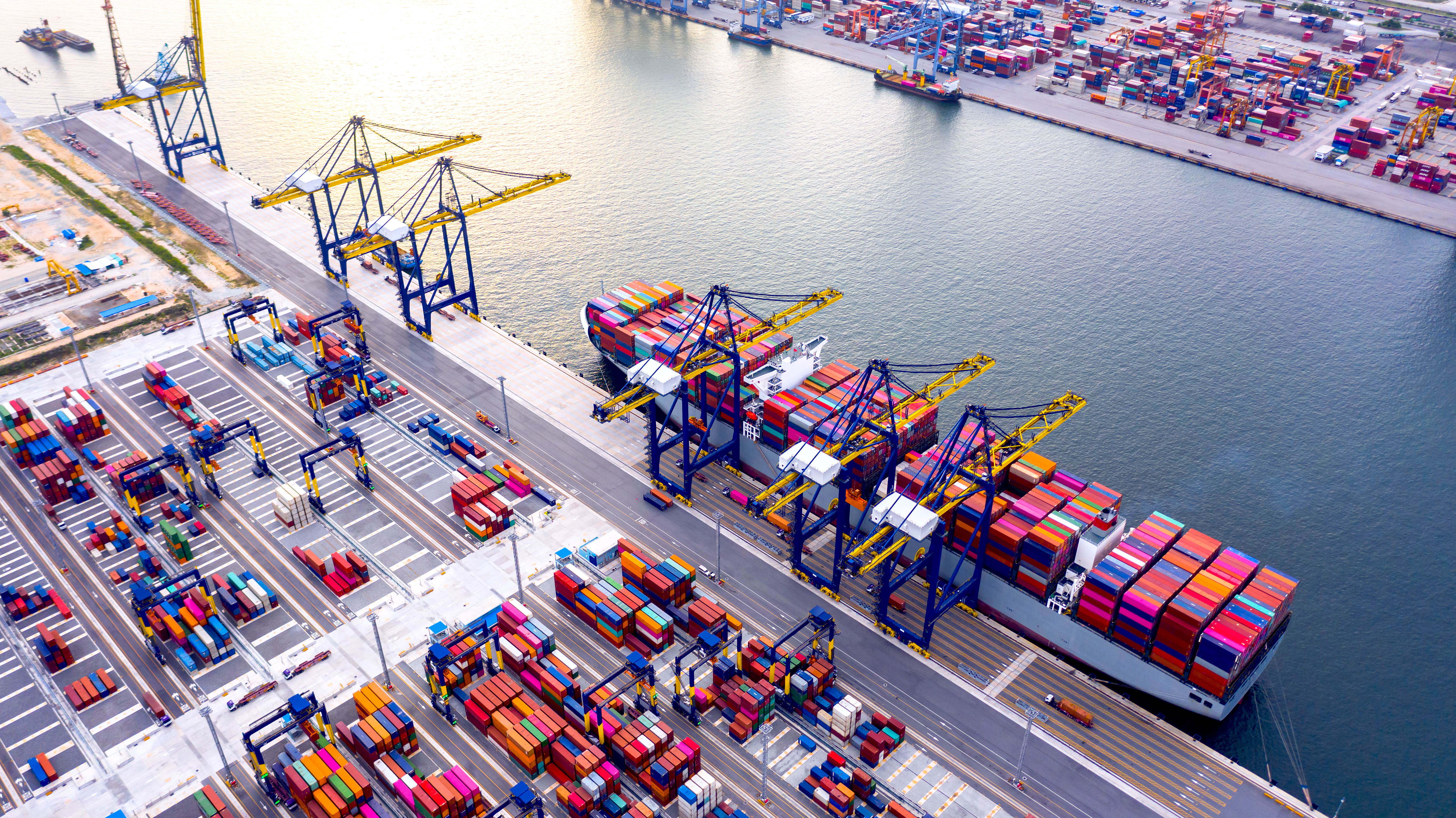In today’s fast-paced global marketplace, logistics companies play a crucial role in ensuring the smooth movement of goods and services across borders and within regions. These organizations are responsible for orchestrating the complex supply chain processes that involve transportation, warehousing, inventory management, and distribution. As businesses strive for efficiency and cost-effectiveness, understanding the vital functions of logistics companies has never been more critical. Their expertise not only enhances operational performance but also contributes significantly to customer satisfaction and overall business success.
This article delves into the multifaceted world of logistics companies, exploring their key functions, technological advancements, and the challenges they face in a rapidly evolving landscape. From the impact of e-commerce on logistics strategies to the adoption of innovative solutions like automation and AI, we will provide insights into how these companies are adapting and thriving amid changing market dynamics. Join us as we unpack the essential role logistics plays in shaping modern commerce and how logistics companies are paving the way for future advancements in the industry.
Key Functions of Logistics Companies
Logistics companies are integral to the supply chain, providing essential services that facilitate the efficient movement of goods. They manage everything from freight transportation, ensuring timely deliveries, to inventory management, which helps businesses maintain optimal stock levels. Additionally, they offer warehousing solutions, which are especially crucial in e-commerce, where rapid fulfillment is necessary to meet customer expectations. A well-coordinated logistics strategy not only minimizes operational costs but also enhances customer satisfaction by ensuring that products are available when and where they are needed. Companies like the Best Melbourne Logistics Company exemplify how effective logistics can drive business success.

Technological Advancements in Logistics
The logistics industry is continually evolving, driven by advancements in technology that enhance operational efficiency and decision-making. Innovations such as automation and artificial intelligence have transformed traditional logistics practices, minimizing human error and improving data analytics for better performance tracking. Moreover, the integration of real-time tracking systems allows companies to provide customers with live updates regarding their shipments, fostering transparency and trust. As logistics companies adapt to these technological changes, they not only streamline their operations but also position themselves as key players in the fast-paced market landscape.
In conclusion, the logistics industry stands at the forefront of modern commerce, continuously adapting to meet the demands of a dynamic global environment. As logistics companies embrace innovative technologies and refined strategies, they enhance their capabilities to navigate complex supply chains, ensuring the efficient movement of goods while maintaining high levels of customer satisfaction. The ongoing integration of automation, data analytics, and innovative tracking solutions has revolutionized traditional operations, allowing for swift responses to market fluctuations and consumer needs. Ultimately, the success of businesses in today’s competitive landscape relies heavily on the expertise of logistics companies, making them indispensable partners in shaping the future of trade and distribution.
